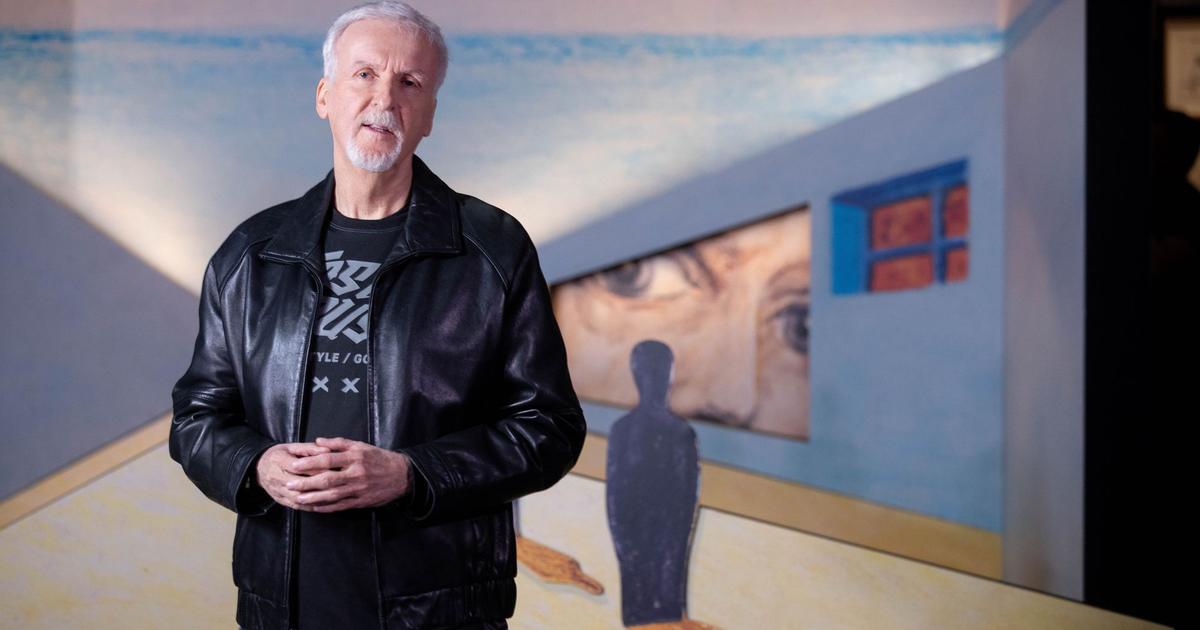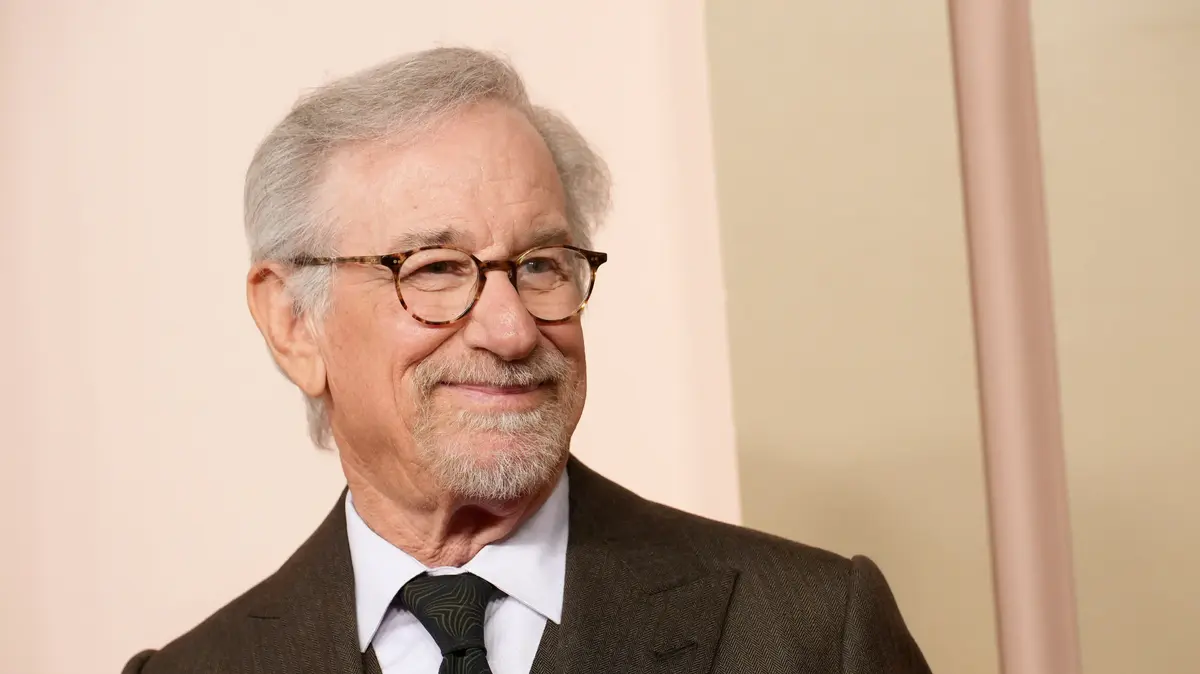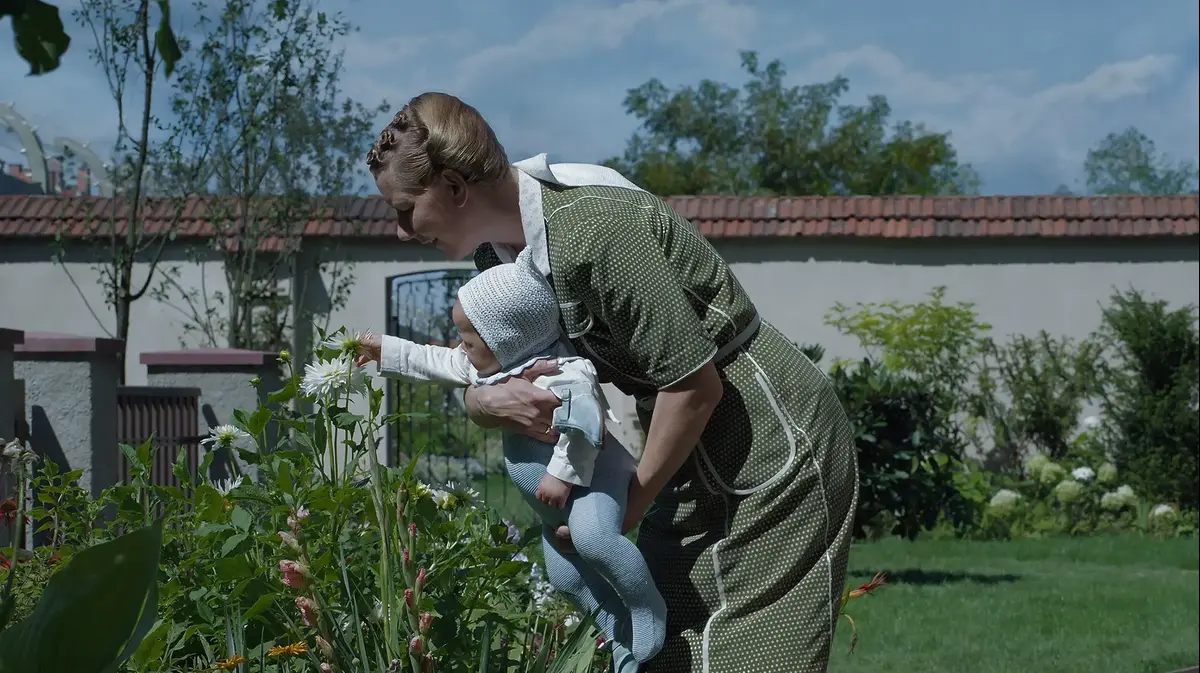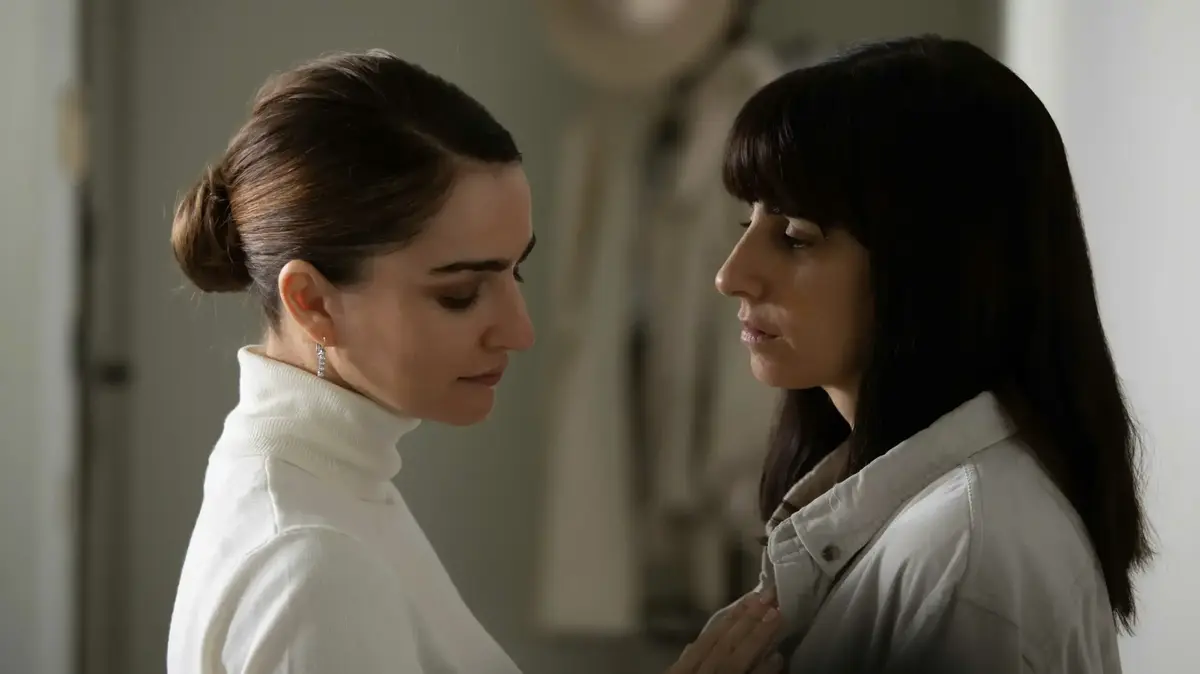Childhood is a happy hell driven by fear, anxiety and discovery.
No one who has really been a child has not felt all those heartbeats of life, until waking up to adolescence, when everything begins to go wrong and those three graces, or misfortunes, appear scrambled, together, threatening: fear, anxiety and, oh, the discoveries.
All that I describe as my own and possibly alien was represented to me as black and white mirrors of my own life in the latest film by Steven Spielberg, who is now 76 years old, has made films of all kinds or genres, has filled many with illusion. those who believe that life is an extraterrestrial fantasy, and who even have the audacity to tell as a child what they remember as an adult.
Spielberg has also given us, those of us who are not old enough to feel that all fantasy is possible, the certainty that massive cinema, that is, the one that sells well at the box office, can also give humanity reasons to believe. that what is done as a show also teaches us the reality of suffering.
His film about the world war, the evils of Hitler and the human capacity for solidarity of the industrialist Schindler, is a monument that any anti-Semite (or anyone who despises the other) must see to cure themselves of the barbarism of continuing to believe, like Hitler, that once upon a time there were higher beings.
Now Spielberg has gone into his own life to rescue episodes that resemble those he himself experienced.
He shoots, from the images of Los Fabelmans, stories that happened to him in successive cities in the United States, but that also have to do with those of us who have lived, rich or poor, in other territories of the world.
It's a movie for everyone, and it's not what we usually call an American.
It is, naturally, a film that is due to one of the great intelligences of contemporary art.
While it was happening, with their emotions, their laughter and their parties, this modest spectator saw himself at school, with the boys, going to the movies with his father, who covered him with a hat to scare away the ghosts that came from of the triggers of the Western cowboys, not all bandits, but many of them always with gunpowder near their index finger.
On those occasions, when in the movies I saw such dangers coming, my father would take off his hat and cover my face until the dust of horse riding rose and peace returned to the screen.
I was resurrected after infinite fear and my father told me: "Juanillo, you can look now."
With one eye open he returned, then, to the screen as if he had overcome a fear that later, like a fatal refrain, my father alleviated again with his limp hat.
Inevitably, it was the first scenes in which that Fabelman boy attends with his parents the vision of a film full of mystery and risk (Jaws) that moved me more than any other because, as if it were a flashback that canceled seventy years of my life, what I most feared would happen when I was a child and watched Western movies happened there and that at this moment, now, was happening with Spielberg's transcript, the Fabelman boy, who was prevented by his parents, some good people, from open your eye while a cabinet of trains dangerously surrounded on celluloid some unscrupulous citizens who risked continuing on the track believing that the diabolical vehicle would slow down its runaway march.
That happened in the cinema, the boy felt that he was also happening in the stalls.
There I covered my face myself, as the Fabelmans wanted to do with their son, cover his face, but immediately I noticed that the boy, amazed at the power of the train and the images he was seeing, remained undaunted and terrified. until the immense event became something much more spectacular than that episode of the shark that caused so much death on the peaceful beach of another film by the genius that has not ceased to be Steven Spielberg.
I was overwhelmed by that scene on the train, and the image of the child swallowing his fear to memorize the fictional event that would be the great event of his life for him.
Since then, and until the end, any of the events, the family ones, which ended as you will see in the film, those of the crushes, which you will also see and, above all, those that have to do with the anti-Semitism that the boy suffered when I was close to entering university, they became part of my personal memory again.
Well, naturally, all of us who are short and fallible, those of us who are not sure of our religious predilections, or who do not share the other types of beliefs of the majority that surrounds us, suffer at those school ages, and also later, persecutions such as those lived by that Fabelman boy who in the film openly represents, as the director himself says, the most important filmmaker of the time after, probably, Francis Ford Coppola or, perhaps, Martin Scorsese.
The three filmmakers, in any case, have recounted the biography of the ruinous or ruthless America, in some cases the first two were referred to as snippets or mirrors of their own lives, but in the case of Spielberg it is the entire film that is recounting. with all kinds of signs that he is talking about him, his family, what that runaway train meant, above all, in his personal memory and, of course, as a filmmaker.
This 76-year-old man is still that three or four-year-old boy who insisted on seeing movies when others were afraid.
Life then gave him whippings, sentimental, family, school;
They made fun of him because of his Jewish religion and also because of his height, but those were minor or major accidents, in which Spielberg did not stay.
The family drama, which is accentuated as the father progresses in his jobs, as a race American involved in the new inventions of the 60s and 70s, is the thread that ultimately turns Spielberg/Fabelman into a young man. like anyone who has lost their footing in life to rediscover that balance, once again, in those images of the train without brakes that made him a filmmaker.
Regardless of whether or not the plots are entirely or only partly fiction, you have to understand that the cinema that moves you is above all the one that tells you about yourself, about the one who is watching it.
Films by John Ford (which by the way is essential in the last decisive episodes of this story, you'll see) or by Ingmar Bergman or François Truffaut (who has given so much to Woody Allen or Spielberg himself) are part of sentimental education, personal, rabidly own, of those of us who have seen his films, just as the biography that sustains novels by Tolstoy or Scott Fitzgerald or Albert Camus is ours.
Here, at Los Fabelmans, there are the bad ones and the good ones, the ambiguous ones and those who would give you away, those who made fun of you at school or at school.
There are also the good, the noble, the repentant who wanted to be better than you and left you marked by the anxiety they felt to miss you.
I have seen many movies in which I have felt pity and fear, joy or sadness;
in some Italian films (La Strada, for example) I saw the world war, its shadow, as I have seen it here;
I have seen dramas similar to the one that Spielberg explains in the bloody war of the shark on the beach, I have seen what happened to the protagonist of The Foreigner or what happened in The loneliness of the long-distance runner.
In all those films, and in many others, and now in this autobiographical film by Spielberg, I felt like crying again because perhaps there wasn't a hat, now, that would cover me from the fear, from the endless, deadly speed that they brought I bring the dust and the fierceness of the riders and horses.







/cloudfront-eu-central-1.images.arcpublishing.com/prisa/ZBAZWEFVJFEQRG7B6GD2NYTRI4.jpg)

